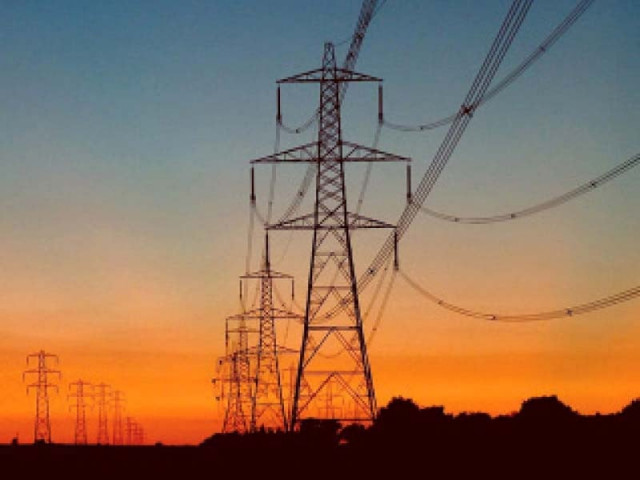NEPRA slashes WAPDA’s tariff by 27%
Hydel tariff rate reduced by Rs1.56 per unit compared to tariff for FY18

The National Electric Power Regulatory Authority (Nepra) has reduced Water and Power Development Authority (Wapda)’s tariff by 27% for the consumers.
Total electricity generation by Wapda stands at 9,379 megawatts, which accounts for 25-27% of the total energy mix. However, the generation of electricity is a byproduct of water dams in Pakistan and therefore, it varies in line with water releases from dams for agricultural purposes. Following a recent decision of the power regulator, the hydel tariff rate has been reduced by Rs1.56 per unit compared to the tariff determined by the regulator for financial year 2018.
The previous average rate for financial year 2018 stood at Rs5.67 per kWh, which included Rs3.55 per kWh NHP/hydel levies. The regulator has slashed it now to Rs4.11 per kWh for financial year 2021, which includes Rs0.96 per kWh NHP/hydel levies.
According to the decision, the base tariff for Wapda plants has gone up from Rs2.12 per unit to Rs3.15 per unit, an increase of Rs1.03 per unit.
However, the hydel profit and hydel levies have been reduced from Rs3.55 to Rs0.96 per unit. There were outstanding dues on account of net hydel profit, which had been cleared now. Therefore, the net hydel profit has declined.
The Council of Common Interests (CCI) had approved payment of net hydel profit on February 28, 2016. Following this, the then federal and Khyber-Pakhtunkhwa (K-P) governments signed an MoU for the net hydel profit worth Rs70 billion.
Under a deal, Wapda was also to pay Punjab. Wapda had taken a loan of Rs105.152 billion. Due to the revised rates of net hydel profit, Wapda borrowed money from banks, which led to a higher rate of net hydel profit to clear the backlog.
Wapda stated in its petition that on the directive of the Ministry of Water Resources, Wapda had taken a loan from commercial banks for payment of arrears/regular NHP to K-P and Punjab.
To comply with the ministry’s orders, Wapda has to pay interest on the loan from its revenue stream.
The K-P government said that Wapda had included NHP at the rate of Rs1.213 per KWh in its present tariff petition, which needed to be Rs1.404 per KWh for the year 2020-21 as the 5% indexation allowed according to the agreement had not been applied every year previously, which should start from Rs1.10 per kWh from FY2016.
Published in The Express Tribune, April 6th, 2021.
Like Business on Facebook, follow @TribuneBiz on Twitter to stay informed and join in the conversation.



















COMMENTS
Comments are moderated and generally will be posted if they are on-topic and not abusive.
For more information, please see our Comments FAQ